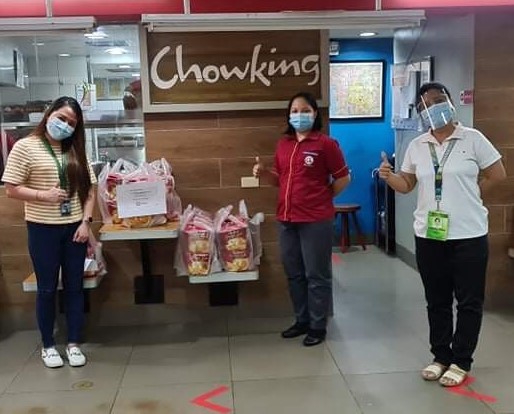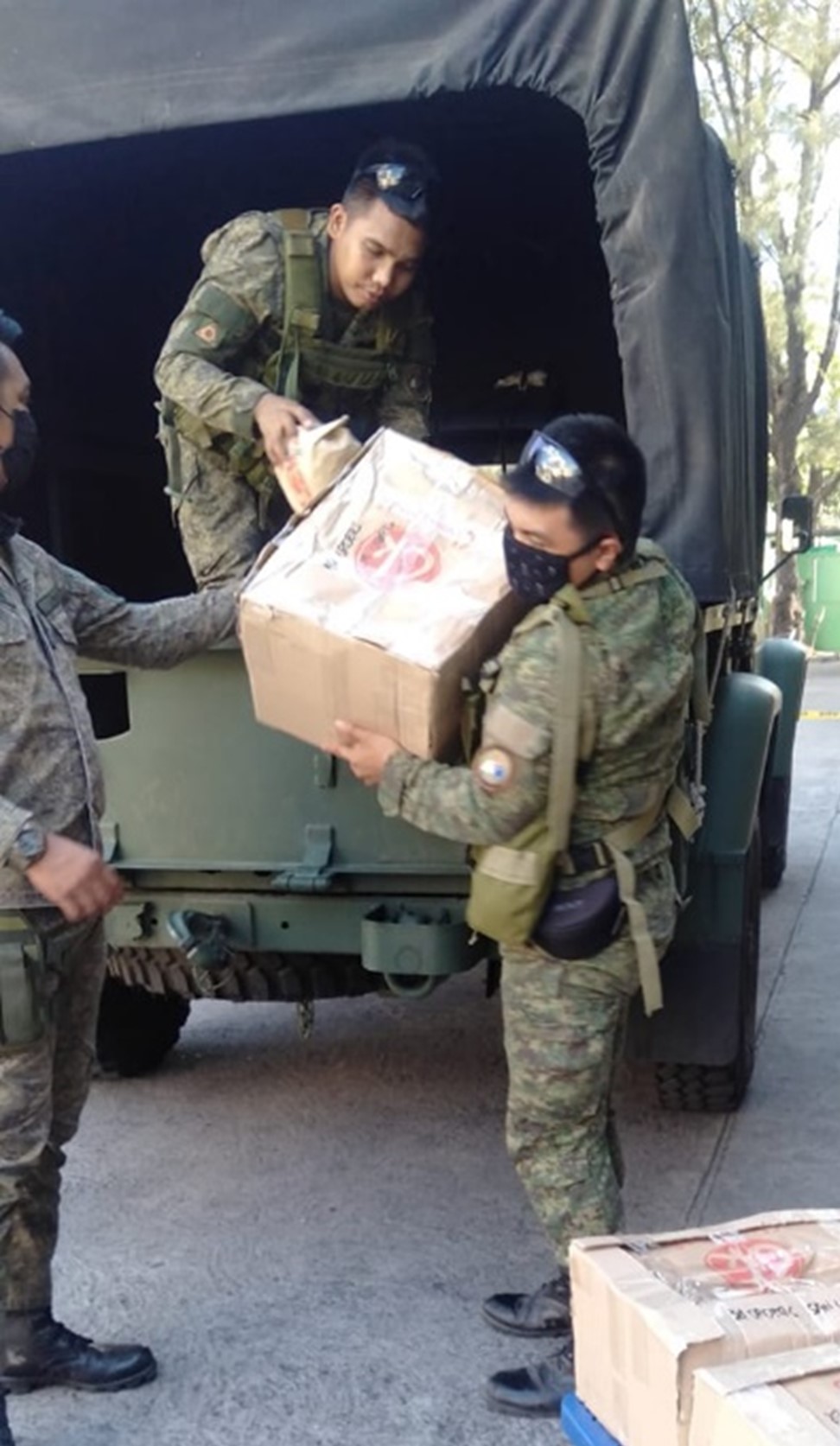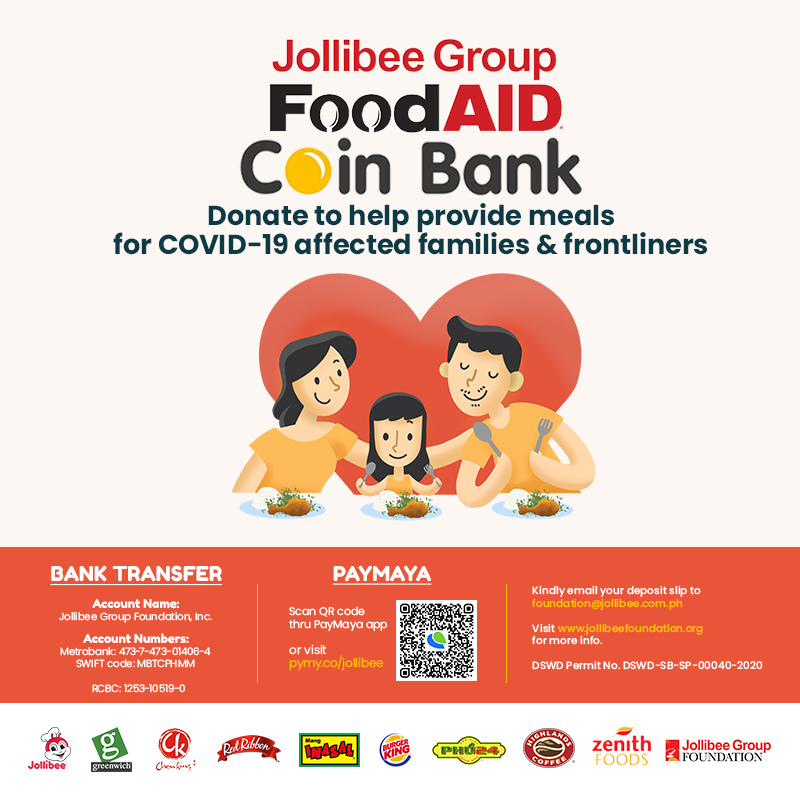Maintaining a healthy lifestyle during quarantine is a challenge for all women staying in control of their full-time career and personal life. With the piled-up tasks waiting to be done, health and wellbeing at most times have taken the back seat.
If you’re one of the many women who’s feeling a sudden loss of motivation, lack of energy to concentrate, and suffers chronic fatigue, you might be experiencing a case of iron deficiency anemia.
Ang Dugo Mo, Kamusta? Iron deficiency anemia happens when your blood has a lower amount of red blood cells or hemoglobin than normal. This can cause you to feel weak, tired, dizzy, look pale, and experience headaches.
People with chronic medical conditions, pregnant or menstruating women are most vulnerable in having anemia. While those who are not able to maintain a healthy lifestyle are also at risk.
A healthy blood means a healthy body, so to help you fight iron deficiency anemia here are 5 simple immunity-boosting activities that you can do at home.
1. Keep hydrated Forgetting to drink the daily recommended amount of water can sometimes be inevitable when you’re trying to stay on track on your endless to-do lists. This can result in dehydration to the body. Dehydration can cause muscle fatigue, headaches, and constipation. When you’re well hydrated, your body is provided enough nutrients for your muscles to move smoothly, maintain a cool temperature, and help filter waste from the blood so you can go on with your day to day tasks better.
2. Help keep iron deficiency anemia away with Multivitamins & Minerals (Sangobion IRON+) Eating an overall balanced diet helps your body in maintaining enough energy to keep you functioning all day. Yet as you age, your body needs the help it can get to sustain immunity and fight illnesses. If you’re running on a hectic routine whether you’re just at home or out for work, taking Multivitamins significantly helps when the food you eat isn’t able to provide your body the nutrients and minerals it needs. Multivitamins & Minerals (Sangobion IRON+) is an iron supplement with vitamins and minerals that helps to replenish iron stores and increases red blood cell levels in the body. It has ferrous gluconate, a type of iron salt which allows better absorption of iron in the body, Folic acid, and vitamin B12 which are vital for production of red blood cells and during pregnancy. It also contains Vitamin C which helps improve iron absorption, and Copper sulphate and manganese sulphate that helps in the metabolic processes of blood cell production. Recommended intake is one to two capsules daily, during or after meals, or as prescribed by your doctor.
3. Stay active at home Shortness of breath even when doing simple tasks at home can be caused by lack of exercise. Consistent exercise is important in keeping yourself in good health and shape; and not only does it promote good circulation, it also improves your overall health stability and energy levels. Simple exercises like walking around the house, lifting house items as hand weights, and stretching every now and then from your desk can help circulate healthy blood better.
4. Get enough quality sleep Constantly pulling all-nighters can negatively impact your health and nutrition. Your quality and length of sleep affect your body’s ability to fight sickness and fatigue. It is ideal for adults to have at least seven hours of healthy sleep to fully function the following day. If you’re having trouble sleeping or unable to get to the state of deep sleep, keeping gadgets away from your bed, and turning off bright lights may help your body relax.
5. Manage Stress Managing your tasks for work and home can get overwhelming and can possibly lead to anxiety and stress. Your body’s response to stress is by raising the levels of cortisol in the blood. When cortisol increases, the number of white blood cells in the body decreases, and this can put you at greater risk of getting sick and experiencing iron deficiency anemia. Simple changes in your daily habits can greatly help in managing intense emotions. Handle your stress levels by having a limited time in a day to consume news. Connecting to your family and friends through video calls can help ease your mood as well. To help you keep your focus, remember to look away from your computer screen every 20 minutes to avoid stressing your eye muscles.
Maintaining a healthy blood keeps you less susceptible to illnesses and infections.
Taking Multivitamins & Minerals (Sangobion IRON+) helps regulate your blood iron so you won’t have to worry about experiencing symptoms of iron deficiency anemia. If symptoms persist, consult your doctor. ASC REFERENCE CODE: P038P090120SS








